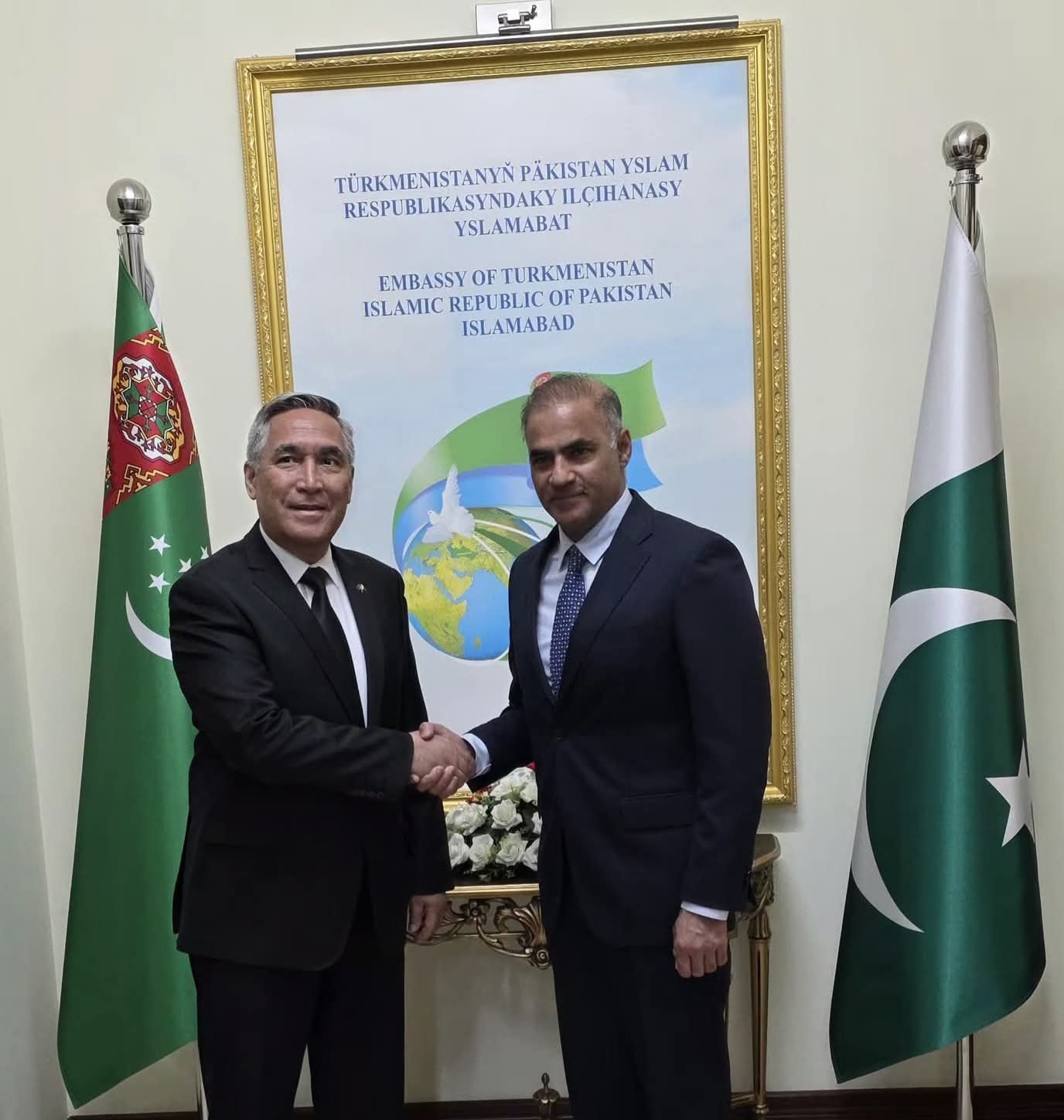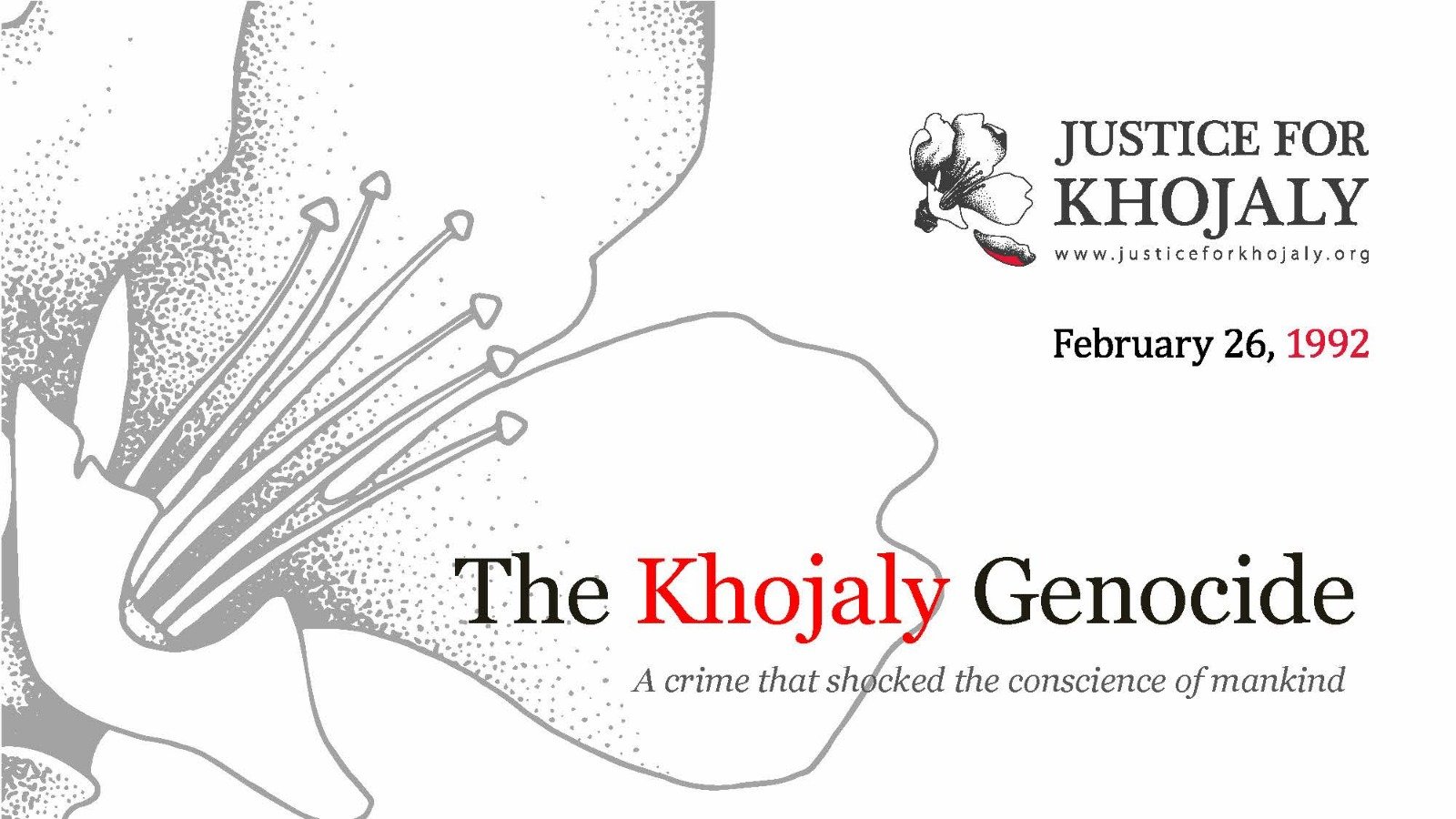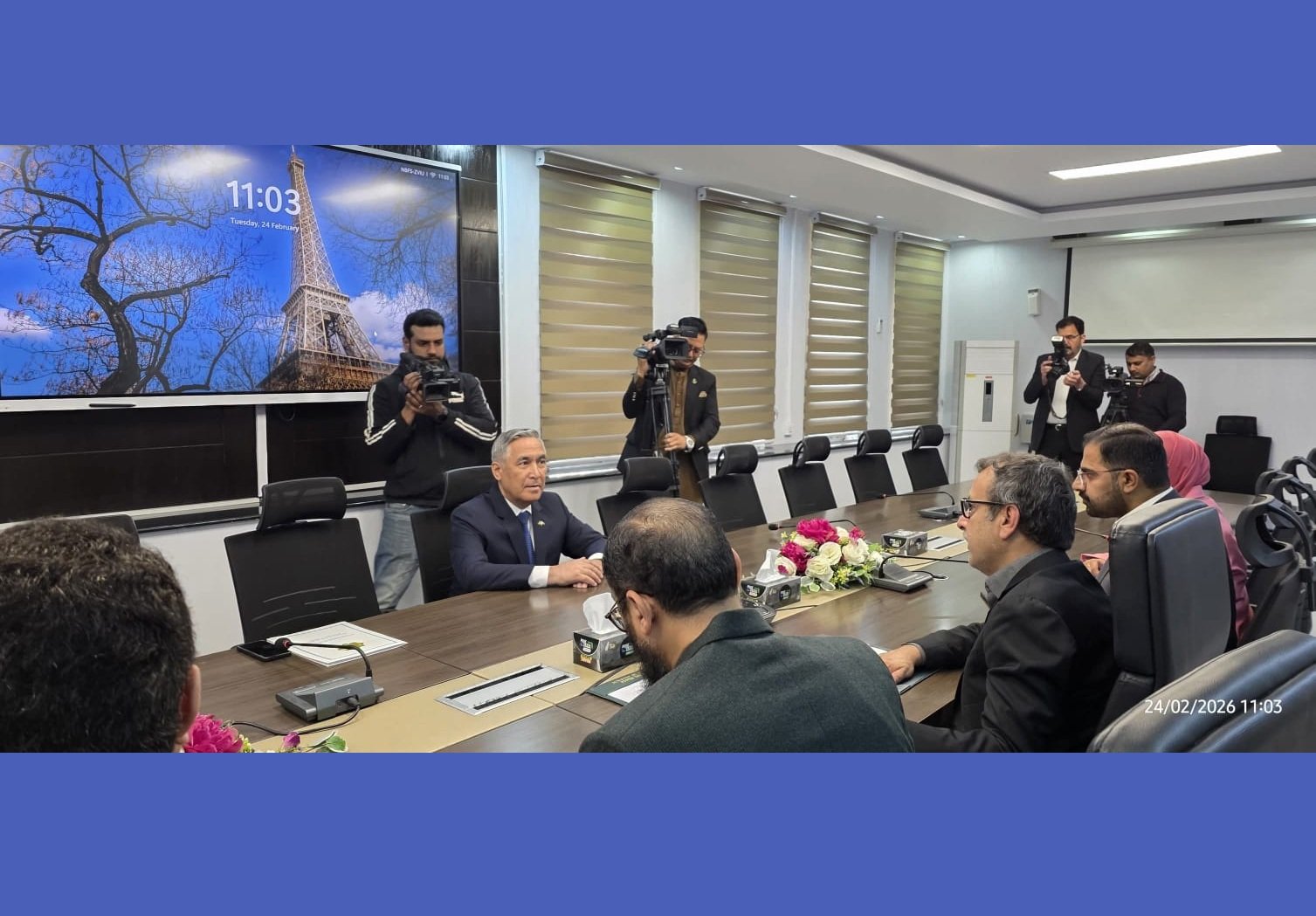The Azerbaijan model of governance, the ASAN Service is one of the most effective governance innovations in the 21st century. The model was developed on the foundation of the State Agency of Public Service and Social Innovations (SAPSSI) to change the landscape of the public service established by the Presidential Decree No. 685 on July 13, 2012.
The primary objective it had was to make state service delivery more efficient, improve transparency, and build trust with citizens with the help of innovation, ethics, and technology. The exceptional popularity of the concept has resulted in international acclaim (such as the United Nations Public Service Award (2015)) and increased interest in its reproduction across the world.
The move made by Pakistan to join Azerbaijan in the formation of the ASAN Khidmat Center in Islamabad is a huge milestone to transform its own system of the public administration.
The ASAN Model: Foundation and Objectives
The ASAN (Azerbaijani Service and Assessment Network) model was designed to:
- Combine several government services through single sign on.
- Increase the level of citizen satisfaction and state-citizen relations.
- Encourage operativeness, transparency, ethical conduct, responsibility, and comfort.
- To minimize bureaucratic time wastage, corruption and inconvenience to the people.
- Enhance e-governance and digitalization.
Since its establishment, over 60 million applications have been attended to ASAN centers where the satisfaction rate of citizens stood at 99.8 percent. The system is thorough and the 13 public agencies and private partners provide over 360 services.
Innovations and Achievements
Some of the main innovations and accomplishments brought by ASAN are:
- Digital Integration:
320 services incorporated of 13 agencies; focus on e-government and online availability. - Anti-Corruption Mechanism:
Centralized service provision lowers the personal contact and discretionary power of the human factor, reduces the possibility of corruption. - Efficiency and Inclusivity:
The citizens save time and money when they visit a single place to get the required documents, permits, and certifications. - International Outreach:
- ASAN has had an extension of services to Türkiye for Azerbaijani citizens abroad.
- It has influenced the e-governance model adopted by Indonesia and the rest of the world.
- Future Vision:
Projects to put in place Artificial Intelligence (AI) in ASAN by 2025 to enhance decision-making and predictive service delivery. - Volunteerism and Capacity Building:
More than 30,000 volunteers have been trained and over 1,000 of them employed, creating a new culture of civic engagement and ethics of serving the people.
Pakistan’s Adoption of the ASAN Model
Policy Context
An agreement was signed in the form of a Memorandum of Understanding (MoU) between Pakistan and Azerbaijan to imitate the ASAN Service model. The project is in line with the broader agenda of digital governance, transparency, and service innovation in Pakistan.
Ahad Cheema, the Minister of Economic Affairs, highlighted that the first ASAN Khidmat Center will open in Islamabad, and it is expected to transform the delivery of services to people in Pakistan.
The center will:
- Provision of 100 or more government services in major life cycles (birth to death).
- Work as a one-stop citizen facilitation center.
- Embrace cashless and digitized procedures.
- Adopt international best practices on the basis of technical expertise of Azerbaijan.
Institutional Collaboration and Planning
A team of experts and consultants visited Islamabad in October 2025 and met with the Chairman CDA Muhammad Ali Randhawa and high-ranking officials. The discussions focused on:
- Technical design and architectural support.
- Connection between Pakistani services and the IT infrastructure at ASAN.
- Pakistani staff capacity building.
- Adopting a citizen-centric and technology-driven governance culture.
The CDA has been able to select the appropriate places in which the first physical outlook of this collaboration will be the Asan Khidmat Markaz. The Azerbaijan delegation reiterated that they would be availing technical support, IT integration, and design cooperation to the center.
Strategic Significance of ASAN–Pakistan Collaboration
- Governance Transformation This partnership is a paradigm shift in the Pakistan government, as it is no longer about manual and paper-based processes but integrated and digital systems that have citizens as users. One of the endemic issues in the bureaucratic culture of Pakistan that can be reduced with the help of the ASAN model is corruption due to the model focusing on transparency and accountability. Strengthening Bilateral Relations
- The program intensifies the Azerbaijan Pakistan strategic relationship, extending the work patterns past defense and trade into governance, innovation and civic reform. It is an icon of friendship and trust to each other, which shows the similar aims of modern statecraft and service excellence.
- Socioeconomic Impact Once operational, ASAN Khidmat Centers can:
- Enhance the simplicity of conducting business by streamlined registration and documentation.
- Adopt the policy of the cashless economy through the inclusion of digital payment systems.
- Minimize citizen weariness with bureaucracy counter productiveness.
- Enhance the position of Pakistan in the world system of governance and transparency.
- Technological Modernization Azerbaijan’s experience with AI-based governance, startup ecosystems (like Azerbaijan 500 ASAN Startup program), and e-government platforms can lead the digital transformation agenda within Pakistan, particularly under the Ministry of IT and Telecom.
Conclusion
The ASAN Service of Azerbaijan is recognized all over the world as an example of open, effective, and citizen-focused government. Its collaboration with Pakistan via the “ASAN Khidmat Center” in Islamabad represents a new dawn of administrative change and bilateral collaboration.
To Pakistan, this collaboration is not only a venture of adopting a foreign model but of redefining governance, that is, making it responsive, ethical and digital. The project is completely in line with the Vision 2025 of Pakistan and with the UN Sustainable Development Goals (SDGs), especially Goal 16 on peace, justice, and strong institutions.
When properly executed, the ASAN Khidmat Project may turn out to be the brightest example of innovations in the realm of providing services to the citizens in Pakistan, repeating the experiences of Azerbaijan and changing the order of relations between the state and the citizens.
Owner and Patron-In-Chief of “The Gulf Observer”, Chairman “The Gulf Observer Research Forum”, Foreign Affairs Expert, Analyst, Writer and Poet.














